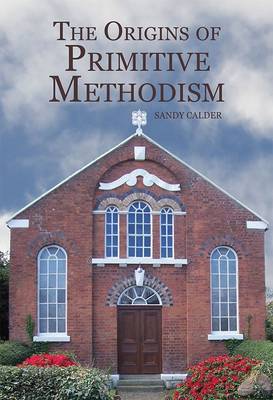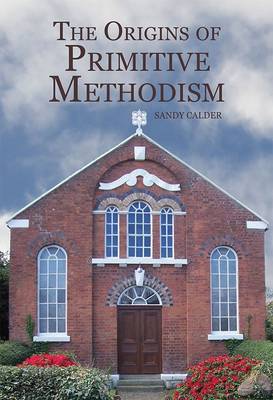
- Afhalen na 1 uur in een winkel met voorraad
- Gratis thuislevering in België vanaf € 30
- Ruim aanbod met 7 miljoen producten
- Afhalen na 1 uur in een winkel met voorraad
- Gratis thuislevering in België vanaf € 30
- Ruim aanbod met 7 miljoen producten
Zoeken
Omschrijving
This book shows that while the Primitive Methodist Connexion's mature social character was working-class, this did not reflect its social origins. It was never the church of the working class, the great majority of whose churchgoers went elsewhere: rather it was the church whose commitment to its emotional witness was increasingly incompatible with middle-class pretensions. Sandy Calder shows that the Primitive Methodist Connexion was a religious movement led by a fairly prosperous elite of middle-class preachers and lay officials appealing to a respectable working-class constituency. This reality has been obscured by the movement's self-image as a persecuted community of humble Christians, an image crafted by Hugh Bourne, and accepted by later historians, whether Methodists with a denominational agenda to promote or scholars in search of working-class radicals. Primitive Methodists exaggerated their hardships and deliberately under-played their social status and financial success. Primitive Methodism in the later nineteenth and early twentieth centuries became the victim of its own founding mythology, because the legend of a community of persecuted outcasts, concealing its actual respectability, deterred potential recruits. SANDY CALDER graduated with a PhD in Religious Studies from the Open University and has previously worked in the private sector.
Specificaties
Betrokkenen
- Auteur(s):
- Uitgeverij:
Inhoud
- Aantal bladzijden:
- 316
- Taal:
- Engels
- Reeks:
- Reeksnummer:
- nr. 33
Eigenschappen
- Productcode (EAN):
- 9781783270811
- Verschijningsdatum:
- 17/03/2016
- Uitvoering:
- Hardcover
- Formaat:
- Genaaid
- Afmetingen:
- 156 mm x 234 mm
- Gewicht:
- 616 g

Alleen bij Standaard Boekhandel
+ 418 punten op je klantenkaart van Standaard Boekhandel
Beoordelingen
We publiceren alleen reviews die voldoen aan de voorwaarden voor reviews. Bekijk onze voorwaarden voor reviews.








